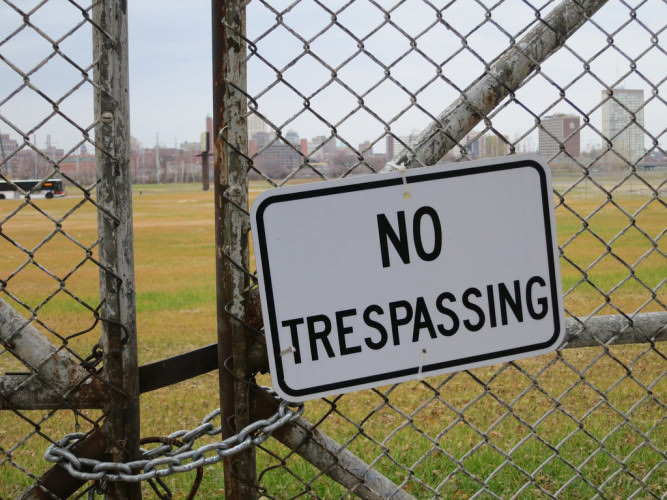Community associations are entirely self-funded from the assessment payments of their members. When members (owners) do not pay, an association’s revenue is reduced, along with the association’s ability to satisfy its continuing obligations. Simply put, when owners become delinquent, such nonpayment directly affects the association’s ability to operate. As a natural result, the owners who are paying their assessments unwittingly subsidize the delinquent owners who are not paying. Worse,...
Read More...
If you are considering creating a mandatory homeowners association in your existing neighborhood, your first step should be to identify its purpose. Mandatory associations serve particular purposes. For example, mandatory associations are often created to enforce restrictive covenants and to maintain common areas. Maybe you are considering a mandatory association to enforce neighborhood covenants, such as architectural standards, or to enforce new covenants that have been proposed. Or, maybe...
Read More...
An old green sedan with chipped paint, no registration, a flat tire, and covered in a fine layer of dust and pollen. Can your condominium association legally tow it? The answer could very well be “yes,” even if your condominium does not have the specific authority to tow within its declaration of condominium. But what is required in order to safely tow? Let this article be your guide. First and foremost, a few caveats: each condominium is different, and each condominium’s declaration...
Read More...
Self-help, when applied properly, can be a powerful tool that an association can utilize to bring violating owners into compliance with the governing documents. Self-help, also known as the right of abatement, can authorize the board of directors or its agent to remove violations, provide necessary maintenance, and make emergency repairs. When making the determination to exercise self-help, the board should first consider various factors. First, the board must ensure such a right is actually...
Read More...
The most significant legal authority in Georgia regarding pet restrictions is the Georgia Court of Appeals case of King v. Baker. The case is also extremely important in setting forth the broad discretion and authority of an association’s board of directors. The facts of the case begin with the Kings purchasing a house on two acres so they could build kennels and breed dogs. Unfortunately for the Kings, however, a restrictive covenant recorded against their newly purchased property stated...
Read More...




